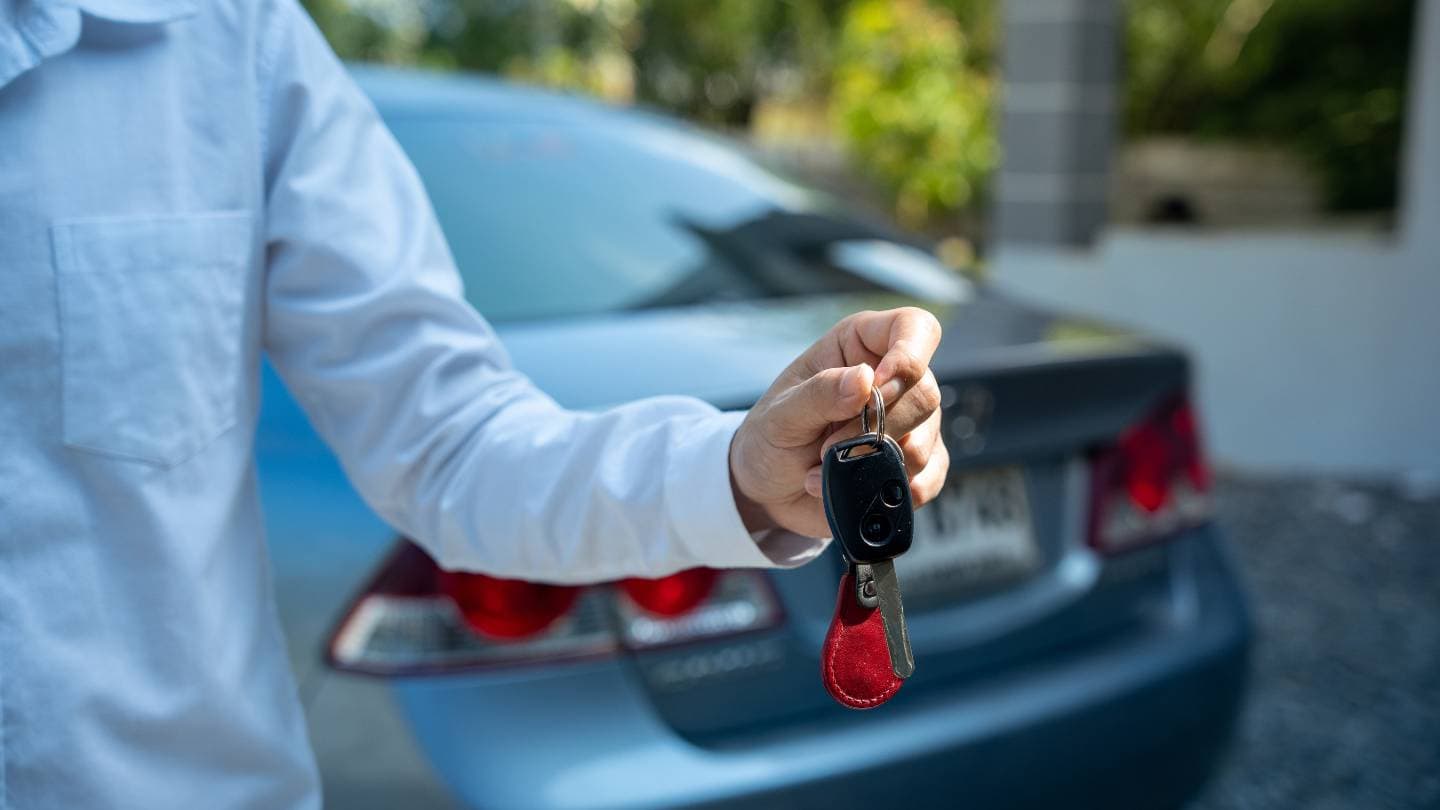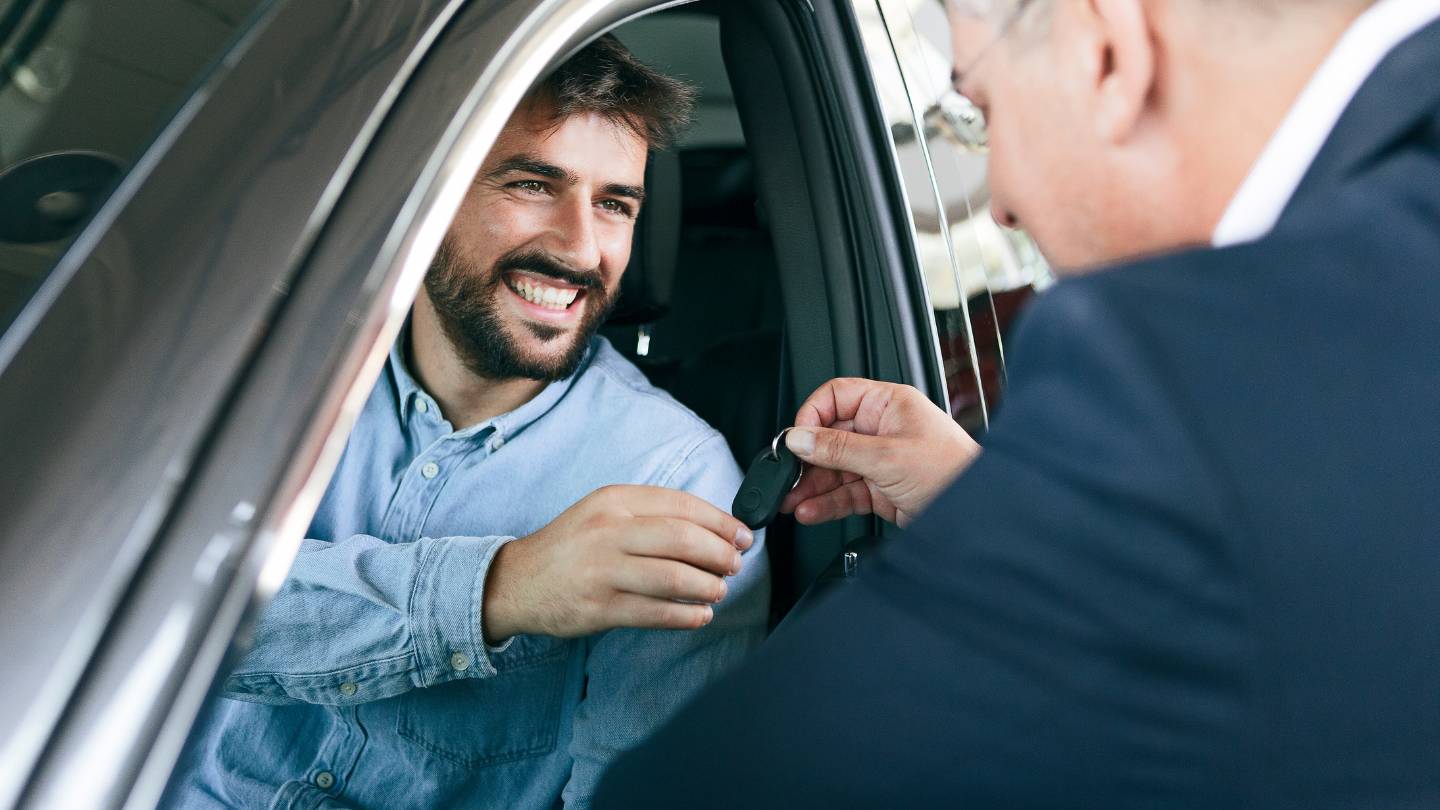Selling a used car can be exciting and daunting, especially if you’re hoping for a quick sale. But how long does it take to sell a used car?
The time frame can vary depending on whether you’re selling privately or through a service like ours at Old Cars Removed.
Let’s discover the factors influencing the sale time, from initial preparation to sealing the deal.
Let’s Get Straight to the Point
Selling a used car can take a few days to several months, depending on factors like the car’s condition, price, and sales method.
Private sales may take longer but can offer better prices, while services like Old Cars Removed provide quick, hassle-free cash transactions.
To speed up the process, ensure your car is clean, priced competitively, and advertised with detailed descriptions and high-quality photos.
Be available for inquiries and handle post-sale paperwork promptly, including transferring registration and insurance.
Factors That Influence How Long It Takes to Sell a Used Car
1. Condition and Age of the Vehicle
The condition of your used car plays a massive role in how quickly you can sell it.
A well-maintained car with a good service history will attract buyers faster than one that needs repairs or has visible wear and tear. Similarly, newer cars tend to sell quicker than older models.
Key things buyers consider:
- Service records: Keeping up-to-date service history can speed up sales.
- Mechanical issues: Cars with fewer or no mechanical issues generally sell faster.
- Exterior and interior condition: A clean, well-detailed car attracts more interest.
2. Price and Market Demand
Pricing your car competitively is one of the most critical aspects of a fast sale. If your price is too high, potential buyers may overlook your vehicle.
A price too low may raise suspicion about hidden problems. Checking prices of similar vehicles in your area is a good place to start.
- High-demand cars (e.g., popular models or eco-friendly vehicles) can be sold within days.
- Less sought-after models may take longer.
3. Sales Channel
Where you sell your car significantly impacts how long it will take. Here’s a look at some common sales channels:
1. Private Sales
Selling privately via online platforms like Gumtree or Facebook Marketplace can take longer but potentially yield a better price.
Private buyers are often willing to negotiate but may take time to arrange inspections or financing.
2. Cash for Cars Services
Services like Old Cars Removed specialise in buying cars quickly for cash.
This can be one of the fastest ways to sell your used car, often within days, especially if you want to avoid dealing with multiple buyers. These services offer convenience at a lower selling price.
3. Dealership Trade-Ins
If you’re buying a new car from a dealership, trading in your old car is a quick option. However, compared to private sales, you may not get the best value for your used car.
Steps to Speed Up the Process of Selling a Used Car
1. Get a Valuation
To start, obtain a valuation for your car. You can use online tools, visit dealerships, or contact car-buying services like Old Cars Removed for a quick quote.
Pro tip: Aim for at least three valuations to ensure you’re getting a fair estimate.
2. Set a Competitive Price
Once you have a fair valuation, decide on a selling price. Private sellers can add more to the valuation price, but it’s essential to stay competitive. Keep these factors in mind:
- Condition and mileage: A car in pristine condition with lower mileage will warrant a higher price.
- Market trends: Check what similar vehicles in your region are selling for.
3. Prepare Your Car for Sale
First impressions matter. A well-presented car will attract more buyers and could justify a higher price.
- Clean and detail the car thoroughly. Investing in a professional detailing service can make your car more appealing.
- Photograph your car in good lighting, capturing key angles like the front, side, and interior.
- Fix minor issues, such as scratches, dents, or broken lights.
4. Advertise in the Right Places
Creating a high-quality advertisement can significantly affect how long it takes to sell your car.
- Use clear, high-quality images of your car.
- Write a detailed and honest description, including features, condition, and recent services or repairs.
5. Be Available for Inquiries
Once your ad is live, you must be accessible to potential buyers. Quick responses to messages and phone calls can make a huge difference.
Tip: Arrange viewings at times that suit you and in public places for safety. Always bring a friend if you’re unsure.
Typical Timeframes for Selling a Used Car
1. Private Sale Timeline
If you’re selling privately, it could take a few days to a few months. A car priced competitively in a popular category might sell within days, but a car overpriced or in less demand could sit unsold for weeks.
2. Cash for Cars Services
If you’re after a fast sale, using a cash for cars service like Old Cars Removed can expedite the process, making the payment instant.
In many cases, you can get a valuation and sell your car within 24 to 72 hours, making it one of the quickest options.
3. Trade-In at a Dealership
Dealerships can offer a same-day trade-in deal, but as mentioned, you might not get the best price.
Tips to Speed Up the Sale of Your Used Car
- Be flexible with pricing: The market changes, so be open to adjusting your asking price.
- Offer a pre-sale inspection report: Having an NRMA or mechanic inspection report available can give buyers confidence.
- Highlight any selling points: If your car is fuel-efficient, under warranty, or has any unique features, make sure to mention them.
Post-Sale Checklist: What to Do Once You’ve Sold Your Car
After you’ve agreed on a price and finalised the sale, handling the paperwork correctly is important to ensure the process is smooth and legal.
- Provide a receipt: Always give the buyer a receipt indicating the completed transaction.
- Complete the transfer of registration: In Australia, this step must be done promptly.
- Notify your insurance company: Don’t forget to cancel or transfer your insurance policy.
- Hand over all documentation: This includes logbooks, service records, spare keys, and any still-valid car warranties.
Conclusion
Selling a used car can take as little as 24 hours or extend over several months, depending on factors like condition, price, and sales platform.
A cash for cars service like Old Cars Removed is your best bet for a quick, hassle-free sale. If you’re willing to invest time and effort in a private sale, you could get a higher return.
The key to a successful sale is pricing competitively, maintaining your vehicle, and using the right platform for your needs.
Frequently Asked Questions about Used Cars
1. How long does it usually take to sell a used car privately?
Selling a used car privately can take a few days to several months, depending on factors like the vehicle’s condition, demand, and pricing.
2. What is the fastest way to sell a used car?
One of the fastest methods is to use a cash for cars service like Old Cars Removed. They often allow you to sell your car within 24 to 72 hours.
3. How can I speed up the process of selling my car?
To speed up the sale, price your car competitively, keep it clean and well-maintained, advertise it with high-quality photos, and respond quickly to buyer inquiries.
4. How does a car’s condition affect the selling time?
Cars in good condition with up-to-date service records typically sell faster. Vehicles with mechanical issues or cosmetic damage may take longer to attract buyers.
5. What documents are needed when selling a car?
You must provide a receipt, transfer the vehicle registration, notify your insurance company, and hand over any service records, logbooks, and spare keys.



